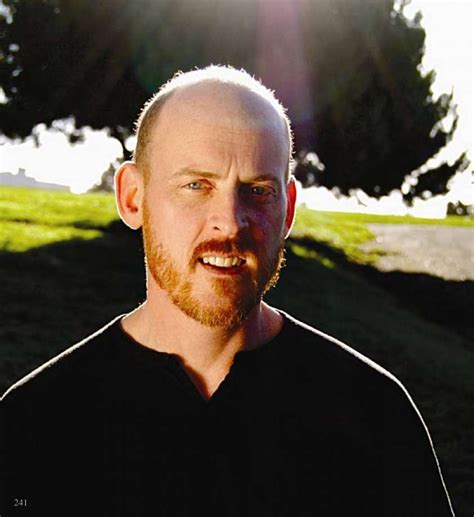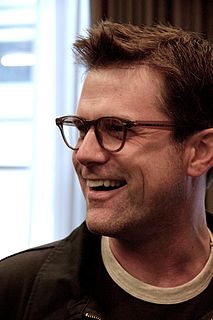A Quote by Fran Lebowitz
Writers have problems writing sex scenes, because writing one really well is pornography.
Related Quotes
The very dull truth is that writing love scenes is the same as writing other scenes - your job is to be fully engaged in the character's experience. What does this mean to them? How are they changed by it, or not? I remember being a little nervous, as I am when writing any high-stakes, intense scene (death, sex, grief, joy).
When I first started writing, there was no way I'd write a sex scene. That just seemed impossible. That's why in "Fight Club" all the sex happens off-screen. It's all just a noise on the other side of the wall or the ceiling. I just couldn't bring to write in a scene like that. So one of the challenges with "Choke" was I wanted to write sex scenes until I was really comfortable just writing them in a very mechanical way.
I have a hard time writing. Most writers have a hard time writing. I have a harder time than most because I'm lazier than most. [...] The other problem I have is fear of writing. The act of writing puts you in confrontation with yourself, which is why I think writers assiduously avoid writing. [...] Not writing is more of a psychological problem than a writing problem. All the time I'm not writing I feel like a criminal. [...] It's horrible to feel felonious every second of the day. Especially when it goes on for years. It's much more relaxing actually to work.
I don't think I would ever write a book with what anybody could call pornography in it, because I feel that pornography is a cheat. It is an attempt to provide sexual experience by secondhand means. Now sex is a thing which has to be experienced firsthand, if you are really going to understand it, and pornography is rather like trying to find out about a Beethoven symphony by having somebody tell you about it and perhaps hum a few bars. It's not the same thing. Sex is primarily a question of relationships. Pornography is a do-it-yourself kit--a twenty-second best.
Teaching and writing, really, they support and nourish each other, and they foster good thinking. Because when you show up in the classroom, you may have on the mantle of authority, but in fact, you're just a writer helping other writers think through their problems. Your experience with the problems you've tried to solve comes into play in how you try to teach them to solve their problems.
































